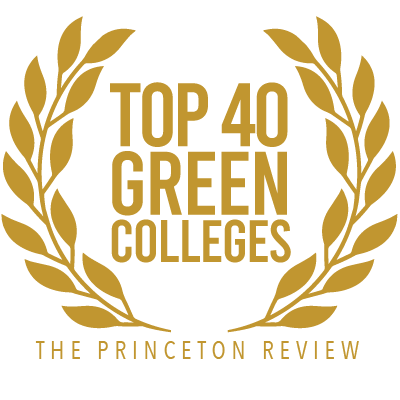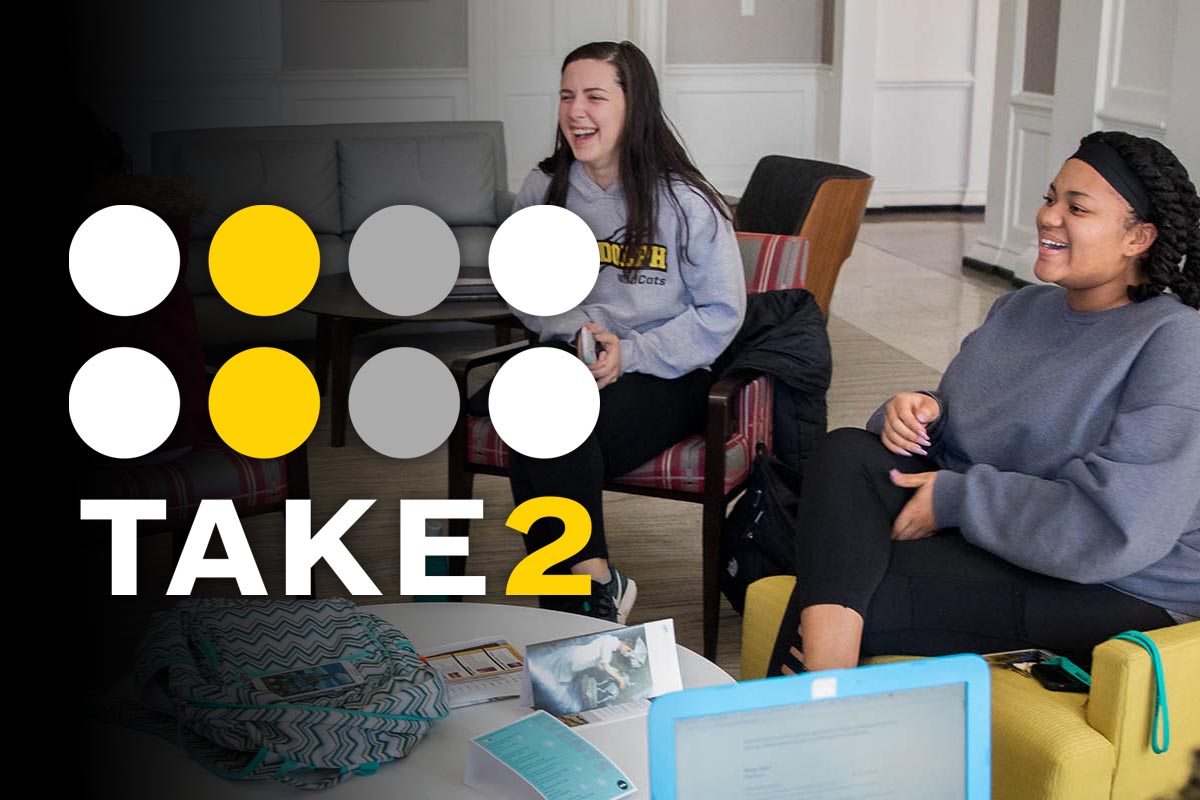Admission
Science & Art Saturdays
What’s it like to take a college class? Find out on Science + Art Saturdays this fall.
These labs, workshops and interactive tours are taught by Randolph College professors and professional experts from the Maier Museum of Art at Randolph College.
- All sessions are free and are open to all high school students.
- Each session starts at 10 a.m. and lasts about 2 hours. Optional lunch is available after the session in Randolph’s dining hall.
- Space is limited. Registration for each session closes when full or at noon the day before the session.
- Please note that each student needs to have their own email address in order to register. For example, if two siblings want to attend, then we need two different emails.
- Please call Joy McGrath at 434.485.8032 if you have any questions about the registration process.
Science and Art Scholars Program
- Science: If you attend four or more Science sessions, you will be designated a Randolph College Science Scholar, and will receive a certificate.
- Art: If you attend both Art sessions (Oct. 4 and Dec. 6), you will be designated a Randolph College Art Scholar, and will receive a certificate.
Sign Up Now
Browse the course description list below and register online. Click the “register” link for each session you wish to attend. Got questions? sciencesaturdays@randolphcollege.edu
Graph Theory and Mazes
September 13, 2025 [ Register ]
Marc Ordower, Chair, Department of Mathematics and Computer Science
We will explore efficient ways of navigating through networks and put our ideas to the test solving problems related to mazes.
It’s not easy being green (synthesis of paint pigments)
September 20, 2025 [ Register ]
Ann Fabirkiewicz, Charles A Dana Professor of Chemistry
Have you ever wondered how artists make paint? Or where pigments come from, especially in the days before artist supply stores? In this session, we’ll synthesize the green pigment malachite and talk about its use in oil, acrylic, and tempura paint. We’ll mix our pigment to make each type of paint and compare their uses in painting.
Ancient Coins Collection
October 4, 2025 [ Register ]
Emilie Bryant, Collections Manager, Museum and Heritage Studies
Step into the world of ancient Rome! Explore real coins, ceramics, and other artifacts in Randolph College’s Ancient Collections Storage. Discover how archaeologists uncover the past, then design and create your own coin inspired by symbols and artistic motifs from thousands of years ago.
Protein Folding with Matlab
October 18, 2025 [ Register ]
Katrin Schenk, Associate Professor of Physics & Engineering
In this session we will learn a bit of Matlab programming to visualize real protein folding data!
Eyes on the Skies: the meteorology of atmospheric phenomena
October 25, 2025 [ Register ]
Karin Warren, Herzog Family Chair of Environmental Studies
Sky watchers know the view above our heads is filled with extraordinary things—rainbows and double rainbows, ice crystal haloes, aurorae, and clouds of astounding variety. We’ll explore some meteorology and physics behind a variety of atmospheric phenomena, and learn when, where, and how to keep our eyes on the skies to spot them.
Coordinating body movements with your eyes, ears and bones.
November 1, 2025 [ Register ]
Carolyn Sarson, Associate Professor of Sport and Exercise Studies
Improve your daily movements and exercise performance by training to improve balance. Sensory input from eyes, ears, and joints play a key role in coordinating your body movements. In this session you will be introduced to exercises to improve balance with the use of foam pads, balance disks, and vision obstructing goggles!
Disappearing coral reefs
November 8, 2025 [ Register ]
Sarah Sojka, Associate Professor of Marine Science
Take a dive into marine science exploring different species of coral and the different factors that threaten coral reefs.
But Does It Glow? Investigating Mammalian Fluorescence
November 15, 2025 [ Register ]
Amanda Rumore, Associate Professor of Biological Sciences
Join us for a hands-on exploration of the surprising world of animal biofluorescence. Participants will learn about the science behind biofluorescence and their application in modern biology. Then students will tour the Randolph College Natural History Collection and view specimens under UV light to observe which animals glow in unexpected colors under different wavelengths of ultraviolet light. The session will also include small-group activities to connect these observations to broader questions in biology, including evolution, ecology, and molecular biology.
Catapulting into CAD
November 22, 2025 [ Register ]
Jonathan Skelton, Assistant Professor of Engineering
What makes a good catapult? How would you go about designing one? In this class, you will learn the science behind catapults, design your own unique catapult using CAD software, and bring it into reality through 3D printing. This will allow you to practice the engineering design process, where prototypes are made, tested, and then redesigned to improve functionality and correct flaws.
Coding Game: Wordle
November 29, 2025 [ Register ]
Jia Wan, Associate Professor of Mathematics and Computer Science
Students will have their own opportunity to develop their coding skills by creating their own version of the popular word-guessing game Wordle. Participants will collaborate to design and implement their game as they learn fundamental programming concepts such as loops, conditionals, and user input.
Audacious Paint Workshop
December 6, 2025 [ Register ]
Laura McManus, Curator of Education, Maier Museum of Art at Randolph College
As AI-generated images rise, some artists are pushing back—embracing paint for its texture, bold color, and tactile experience. In this workshop, we’ll explore why the physical process of painting still matters, then create expressive works inspired by mark-making and organic forms.




